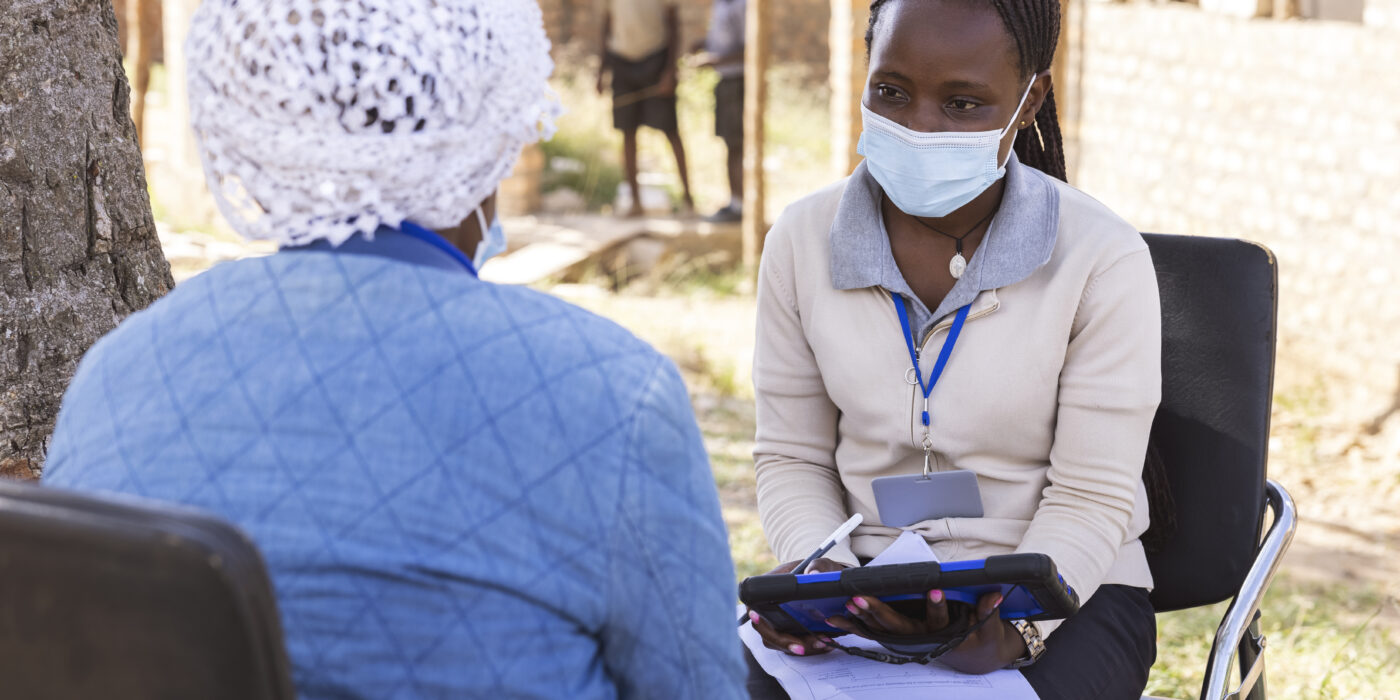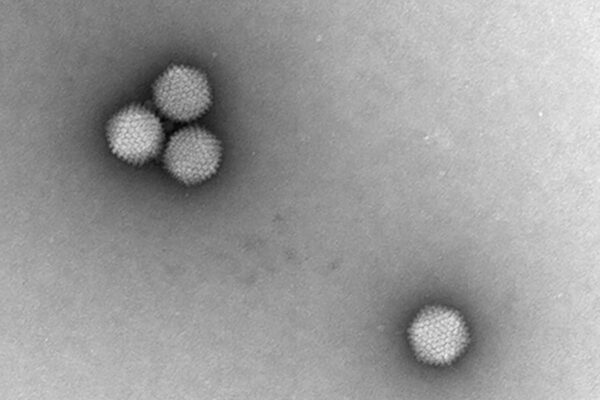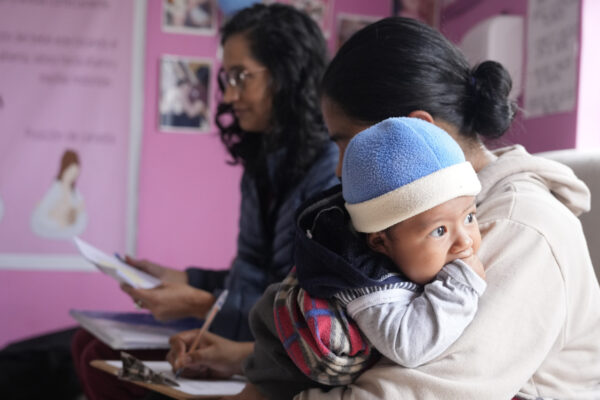Three members of the Washington University in St. Louis faculty have been awarded a $3 million research grant from the National Institute of Mental Health (NIMH) to address the economic and structural barriers associated with access and use of an oral medication to prevent HIV infection.

The new study called Suubi4PrEP is a multilevel combination intervention focused on oral pre-exposure prophylaxis (PrEP) access, initiation and adherence among 15- to 24-year-old adolescent girls and young women living within HIV hotpots in Uganda.
Recipients of the grant are Fred Ssewamala, the William E. Gordon Distinguished Professor at the Brown School and director of the International Center for Child Health and Development (ICHAD); Proscovia Nabunya, an assistant professor at the Brown School and co-director of ICHAD; and Juliet Iwelunmor, a professor of medicine and associate director for global health and dissemination at WashU Medicine.
The study will combine HIV risk reduction that incorporates sessions on PrEP; peer support; and an economic empowerment component targeting poverty and financial barriers to PrEP access.
“Suubi4PrEP builds upon ICHAD’s recently completed Kyaterekera Project that targeted economically vulnerable women engaged in commercial sex work,” Ssewamala said.
“In that project, 45% of women who had not initiated PrEP declined to initiate due to fear of stigma, adherence concerns and financial barriers. Thus, this new study provides a timely opportunity to investigate whether combining traditional HIV risk reduction efforts with PrEP peer supporters and economic empowerment components would improve PrEP initiation, uptake and adherence among adolescent girls and young women — critical factors to ending the HIV epidemic.”
Girls and young women between 15-24 years old are twice as likely as young men to be living with HIV in sub-Saharan Africa. HIV prevention strategies available to girls and young women primarily depend on male partner cooperation, limiting the ability for these strategies to reduce HIV spread. PrEP is a highly effective biomedical HIV prevention method.
Unlike other prevention strategies, PrEP holds tremendous promise as a female-controlled prevention approach, giving girls and young women more self-efficacy and agency to minimize HIV risks, Ssewamala said. However, as effective as PrEP has been, it is underutilized. Major barriers are a lack of social support, disclosure concerns, stigma and discrimination, and financial costs.
Read more on the ICHAD website.



